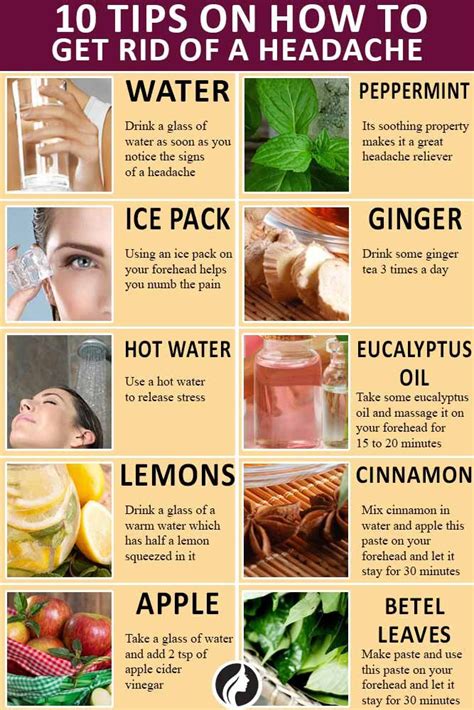How to Get Rid of a Headache: Fast Relief and Prevention Strategies
Headaches are a common ailment, striking people of all ages and backgrounds. The throbbing pain can disrupt your day, leaving you feeling miserable and unproductive. But don't despair! This comprehensive guide will explore various methods to relieve headache pain quickly and strategies to prevent future occurrences. We'll cover everything from simple home remedies to when you should seek professional medical attention.
Understanding Your Headache: Types and Triggers
Before diving into solutions, it's crucial to understand the type of headache you're experiencing. This will help determine the most effective treatment. Common headache types include:
- Tension Headaches: These are the most common type, characterized by a mild to moderate, tight band-like pain around the head.
- Migraines: These are often more severe and debilitating, featuring intense throbbing pain, usually on one side of the head. They can also be accompanied by nausea, vomiting, and sensitivity to light and sound.
- Cluster Headaches: These are excruciatingly painful headaches that occur in clusters, with multiple headaches happening over a period of time, followed by periods of remission.
- Sinus Headaches: These are caused by sinus inflammation and are often accompanied by facial pain and pressure.
Identifying your headache type and its triggers (stress, dehydration, certain foods, lack of sleep, etc.) is the first step towards effective management. Keeping a headache diary can be incredibly helpful in tracking patterns and identifying your personal triggers.
Quick Headache Relief: Home Remedies
For mild to moderate headaches, several home remedies can provide fast relief:
Hydration:
Dehydration is a common headache trigger. Drink plenty of water to replenish fluids.
Rest:
Find a dark, quiet place to rest and let your body relax. This can be particularly effective for tension headaches and migraines.
Over-the-Counter Pain Relief:
Nonsteroidal anti-inflammatory drugs (NSAIDs) like ibuprofen or naproxen, and acetaminophen (paracetamol) can effectively reduce pain. Always follow the dosage instructions on the packaging.
Cold Compress:
Applying a cold compress to your forehead or neck can help constrict blood vessels and reduce pain.
Massage:
Gently massaging your temples, neck, and shoulders can help relieve tension and muscle pain associated with headaches.
Preventing Headaches: Lifestyle Changes
While quick relief methods are helpful, preventing headaches is even better. Here are some lifestyle changes that can significantly reduce headache frequency:
Manage Stress:
Stress is a major headache trigger. Incorporate stress-reducing techniques into your daily routine, such as yoga, meditation, or deep breathing exercises.
Maintain a Regular Sleep Schedule:
Consistent sleep patterns can improve overall health and reduce headache frequency. Aim for 7-9 hours of quality sleep per night.
Eat a Healthy Diet:
A balanced diet rich in fruits, vegetables, and whole grains can support overall health and potentially reduce headache susceptibility. Some studies suggest that avoiding certain foods, like aged cheeses or processed meats, might help prevent migraines.
Regular Exercise:
Physical activity can help reduce stress and improve overall well-being, which can positively impact headache frequency.
Limit Caffeine and Alcohol:
Excessive caffeine or alcohol consumption can trigger headaches. Moderate your intake to minimize risk.
When to Seek Medical Attention
While most headaches are benign, some require professional medical attention. Consult a doctor if:
- Your headaches are severe or sudden.
- You experience headaches with fever, stiff neck, vision changes, or weakness.
- Over-the-counter pain relievers are ineffective.
- You experience frequent or debilitating headaches.
Disclaimer: This information is for general knowledge and does not constitute medical advice. Always consult a healthcare professional for any health concerns or before making any decisions related to your health or treatment.
